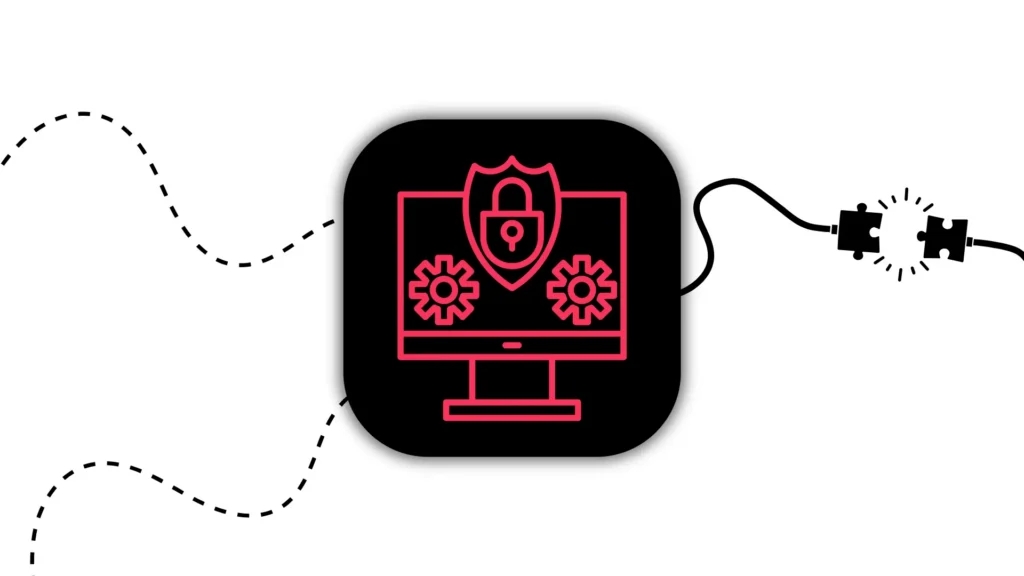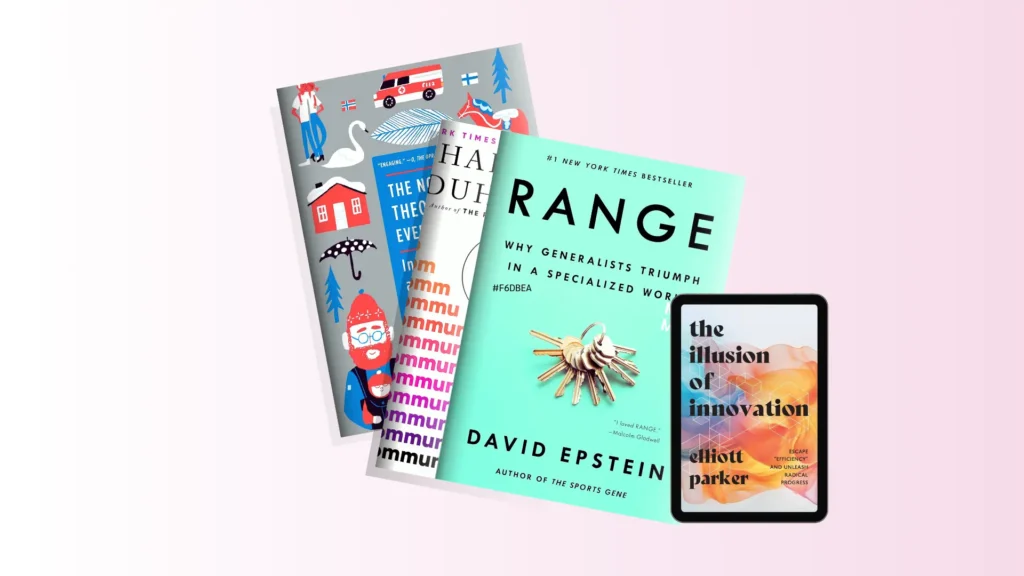For anyone working through a list of serious computing tasks – like IT engineers or architects – a desktop is and will remain the default. The serious job requires power and the desktop wields that power. But here comes the shocker.
Working your way through bureaucracy is by no means a serious job. You shouldn’t need a desktop to do your civic research. Worse yet pull your colleague’s sleeves to ask for a misleading tip and get lost in an endless list of administrative puzzle pieces you have to sherlock through. The truth is, at this point in time, we just haven’t figured out a way to make citizen formalities what they should be – a breeze. The irony is – we all use our phones for everyday tasks. Even more so, we love the freedom of being able to work things out by just pulling our phones.
Keep an eye on this one as we explore how technology can turn mind-numbing citizen duties into a joyful and guided mobile experience.
Welcome To The Jungle
“Necessary outcome of complex businesses operating in complex international and regulatory environments.”
Do you have any clue what this (un)necesarily complex statement refers to?
In case you’re still puzzled, it describes civic duties. To bridge over the administrative jargon – if one public service was a tree, the total number of public services makes up a jungle. And frankly, it takes Indiana Jones to be able to machete your way through the civic wilderness. Picture this: You see in the Eesti portal that your ID card is about to expire but only to realize you have to navigate away to Politsei.ee and file the application there. Worse yet, out of confusion walk to the Police Department and do it the old-fashioned way. This is just a small example. The point is – frustration may set in as you ponder the multitude of civic duties spread across the bureaucratic jungle.

What if we told you that your mobile phone could be the key to simplifying this labyrinth? Yes, for renewing your ID card, filing income taxes, paying tuition fees, renewing registration and driving license, getting proof of residence… All of these could be as easy – perhaps not as rewarding – as ordering food on Bolt. Just one app and no need for an extra set of nerves and fingers to finish what you came for.
Technology To Chart The Course
So, what if Estonia’s now made an extra effort to streamline the “citizen paperwork”? With exemplary telecommunication and IT infrastructure, plus loads of state-wide open data, our country holds a firm foundation to tackle this challenge.
Take, for instance, tackling both your driver’s license renewal and medication prescriptions in a single day. At the current level, doing both on the same day makes some people feel like taking the day off.
What if, instead, by engaging with the user-friendly mobile app, users could effortlessly navigate the jungle? Having an app that would ensure the system is tailored to their needs wouldn’t just check the boxes. It would actually use the technology to make life easier for us. Plus, it would appeal to millennials and Gen Z who make up a huge portion of our population.
Engaging with the AI on top of that, users could easily seek guidance to navigate their civic duties. The AI would ensure that people don’t get slapped with generic instructions. Instead, it would listen to their unique situations and shoulder them to move to the next thread. Imagine just telling your phone what you need, and the smart assistance guides you through. Even better it tells you what steps you’ve missed up to the point. It is sort of like a Google that helps you easily navigate the jungle that is public services.
It’s Like Attacking Goliath With a Fork… Winnable!
Developing a solution that integrates all public systems into one seamless app is great. But it does come with its set of challenges. One major hurdle is dealing with outdated and siloed systems that currently house public services. It’s not a walk in the park to assess each of these systems, negotiate improvements with different government bodies, delegate, and then connect the dots into a single integrated solution. Just counting the number of these government bodies will make a head spin.
And then comes the security. Handling public services involves dealing with a lot of sensitive information. The challenge here is twofold: a public scarcity of AI and the need for elevated levels of security because, well… it’s the government and the entire country would be the user base. Still, it doesn’t stop us in thinking it’s winnable!
Priit Kongo, the CEO of Net Group, sheds light on these security challenges. As he puts it, first, it’s crucial to make sure personal data used for AI is pseudonymized and completely free of any sensitive information. In relationship with GDPR, it would need to be free of genetic, biometric, and health information, as well as racial and ethnic origin, political opinions, religious or ideological convictions, or trade union membership. Tools and methods must be created – and verified by the third-party body – to make it as secure as a bank’s vault. Furthermore, we need a legal basis to decide who can access this data and under what conditions. This involves creating clear rules and agreements and making sure everything stays in line with the law. And most importantly, users need to know exactly what they’re giving consent to with zero blindsides. Meaning, it would be as clear as a day where their data is used, who’s using it, and in what way! The last thing we’d need is the public mistrust or worse the state-level security issues.
One App, Countless Benefits
Although a fairly challenging endeavor, it does come with a huge set of benefits. Furthermore, it positions Estonia as one of the world’s leading countries – if not the leading – in terms of citizen innovation. Let’s take a closer look at what this solution would aid:
- Effortless and Nerve-saving. People would no longer need to jump between various websites and offices for different civic tasks. With a mobile app, anyone could engage with all public services through a single, user-friendly app. Whether it’s renewing a driver’s license, updating health insurance, or filing taxes, the process becomes as easy as sending a text message.
- Time and Energy Savings. Simplicity means citizens save time and energy. No more deciphering complexities or hunting down certificates. Tasks that once required hours of effort and multiple visits could now be accomplished with a few taps on a smartphone.
- Traffic Reduction and Environmental Impact. By migrating public duties from physical to digital, the need for citizens to take tours would be diminished. This reduction in foot traffic translates to fewer vehicles on the road, leading to a substantial decrease in traffic and carbon emissions.
- Enhanced Civic Transparency. The solution brings an added layer of transparency to civic processes. Citizens can track the status of their requests and transactions in real-time, reducing uncertainty and frustration. From license renewals to accessing government assistance, the app would provide a clear window into the workings of public services.
- Increased Civic Engagement. Simplifying civic duties encourages more active participation from citizens. When tasks are streamlined and accessible, people are more likely to engage with public services regularly. This not only benefits individuals but contributes to a more informed and involved society.
- Employee Efficiency and Administrative Focus. The mobile app wouldn’t just benefit citizens—it would lighten the load on the counters. By automating routine tasks, administrative segments can redirect their efforts towards more impactful areas. This shift allows the government to cut down costs overall and focus on innovation instead.
For all the stated reasons we believe going digital is good for the future. It’s making things that matter much easier to do. Frankly, everything else is already handled. Still, if we want to do it the right way we need to make sure no stones are left unturned in terms of functionality and data security. Miss one and we may put the promising image of the future in jeopardy.
Similar insights

Which Software Development Process Is Best for Your Company?
10/02/2026
How To Know If Your Business Is Ready To Scale Internationally
21/01/2026
8 Hybrid Commerce Mistakes Companies Repeat in 2026
13/01/2026
Smart Workflows: AI Tools and Tips for Busy Leaders
16/12/2025
Supply Chain Attacks: Rethinking Third-Party Trust
10/12/2025
Choosing the Right Tech Stack in Uncertain Times
25/11/2025
How to Pitch and Get Your Ideas Approved at Work
12/11/2025
12 AI Cyberattacks That Made CEOs Very Cautious
21/10/2025
14 Books Smart Tech Leaders Are Reading This Fall
07/10/2025
Let the success
journey begin
Our goal is to help take your organization to new heights of success through innovative digital solutions. Let us work together to turn your dreams into reality.